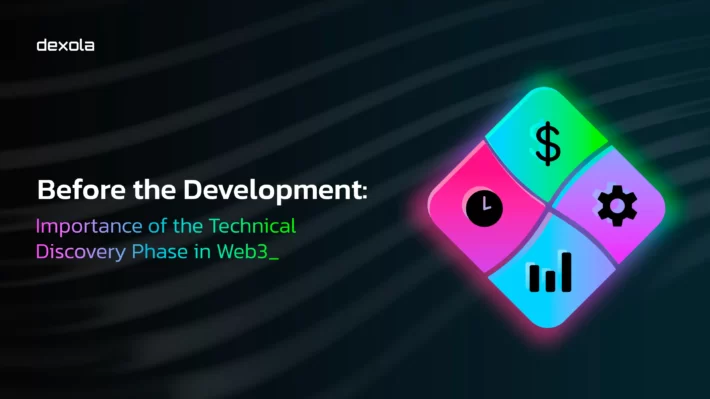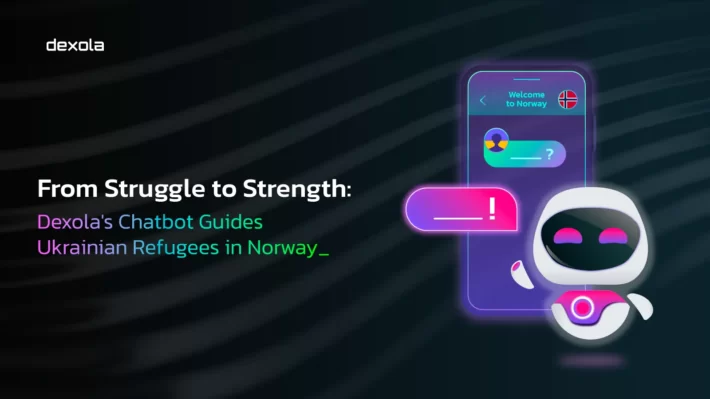5 Best Generative AI Tools for Web3 Developers
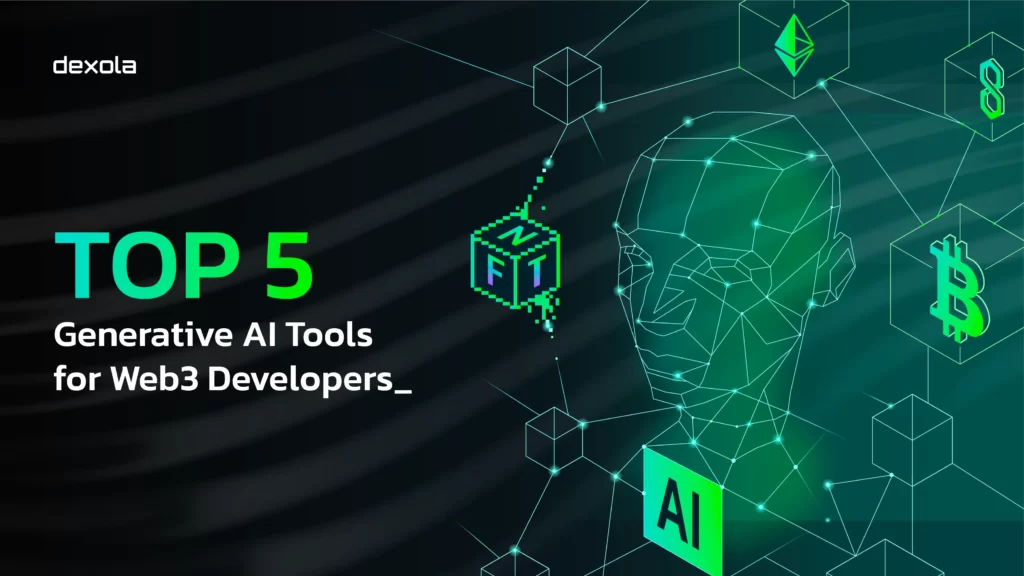
Artificial Intelligence hasn’t revolutionized the world yet, but it’s definitely reshaping the lives of developers. AI, including best Web3 AI tools, now handles the grunt work, freeing up developers to tackle more intricate tasks.
Here’s a rundown of how AI aids in software development:
- Crafting prototypes and basic operations;
- Debugging and code auditing;
- Refactoring or enhancing legacy code;
- Writing documentation and comments.
For Web3, AI is particularly valuable. Many devs are new to the scene, and unfamiliar with Solidity, EVM, and blockchain nuances like decimals in ETH. AI tools guide them with suitable templates, demystify complex concepts, and suggest avenues for research.
In this report, we’ve cherry-picked the top AI tools for Web3 developers, designed to accelerate their entry and boost their success.
ChatGPT — Grasping the Essentials
ChatGPT, now enhanced with coding plugins such as ChatWithGit, AskYourCode, Zapier, Code Runner, and CoderPAd, stands as a premier AI tool for contemporary blockchain development. The latest iterations of ChatGPT are equipped with up-to-date knowledge and capabilities in blockchain technology. These versions cover general blockchain dynamics, EVM trends, smart contracts, native and ERC-20 tokens, NFTs, and the practical use of Web3.js and Ethers.js libraries, and more.
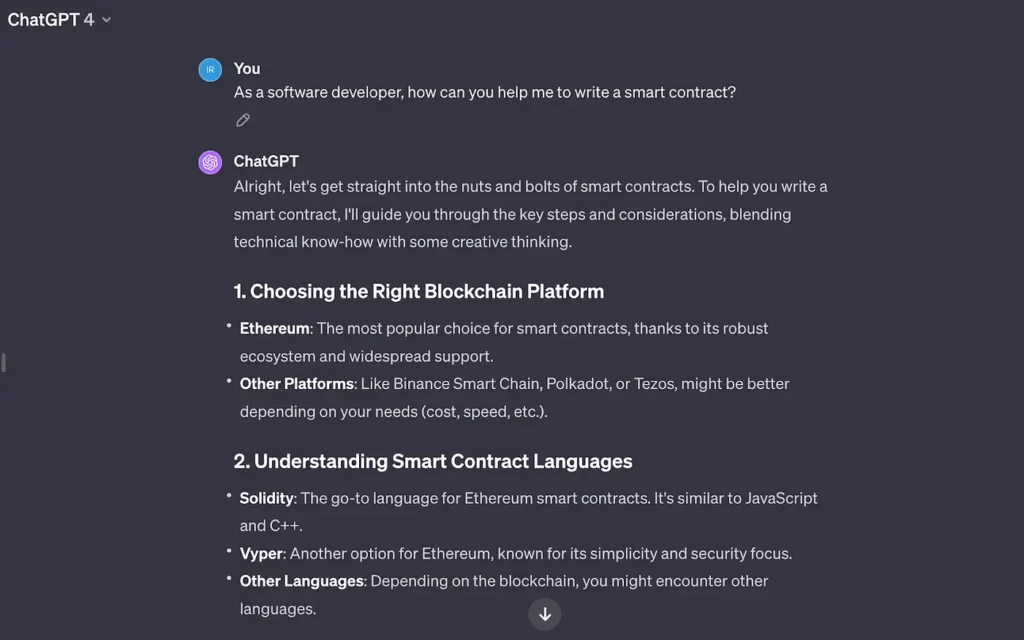
The standout feature of ChatGPT with coding plugins is its ability to not only provide code samples and explanations but also interact with code in real time. You can input a smart contract’s source code, and ChatGPT will analyze its structure and logic, explaining the purpose of specific functions, including those prefixed with an underscore “_”. This interactive approach offers a dynamic learning experience, enhancing understanding through active engagement.
While ChatGPT’s base knowledge is extensive, it’s important to remember that the field of blockchain and cryptocurrency is constantly evolving. For the latest trends, practices, and updates in non-EVM chains and fresh Web3 projects, it’s recommended to refer to the most current resources or seek validation from experts in the field. This ensures that your code is functional and aligned with the latest standards and security practices in blockchain technology.
Alchemy’s ChatWeb3 — The Web3 Knowledge Hub
Alchemy, a leading Web3 infrastructure provider, introduced ChatWeb3, an AI assistant among the Web3 AI tools designed for Web3 learning and project development.
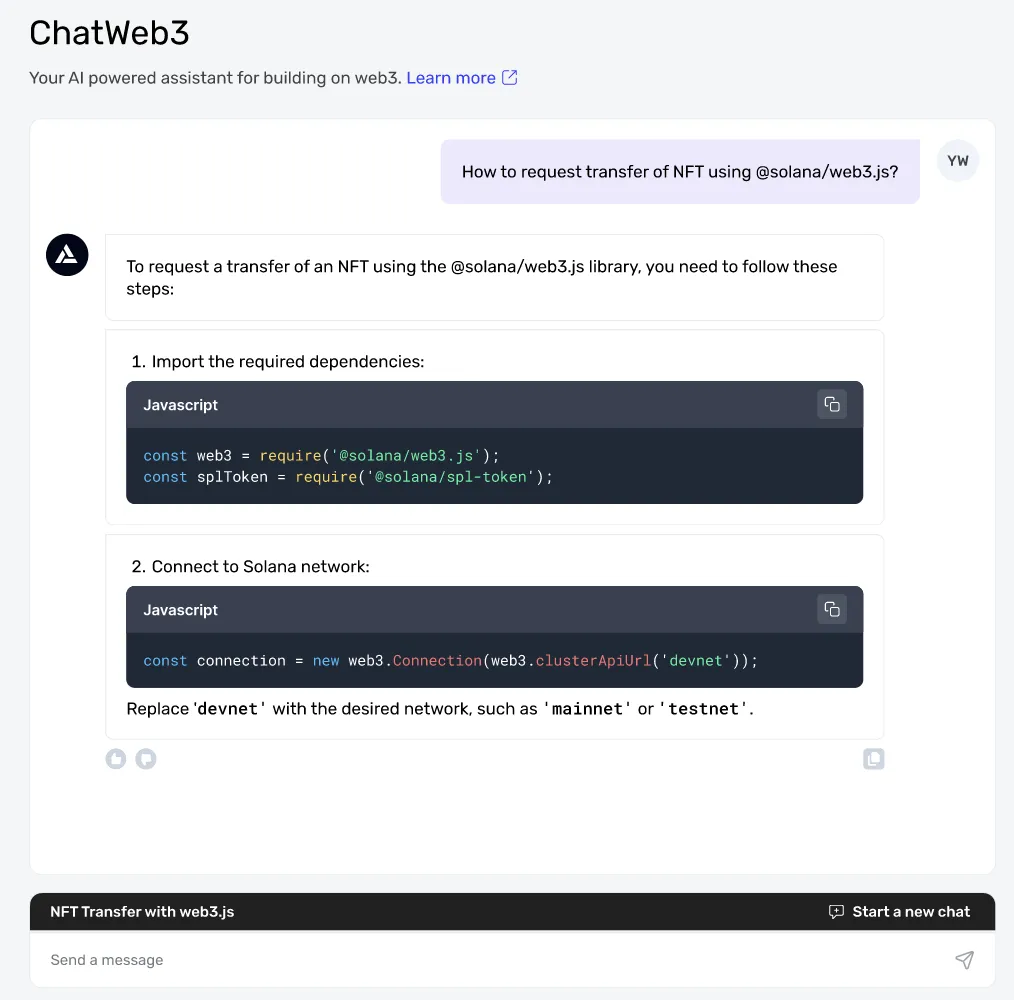
ChatGPT offers basic and occasionally outdated information. Unlike it, ChatWeb3 is a powerhouse for answering complex coding queries and detailing specific function implementations. It’s trained on a wealth of resources, including blockchain protocol documentation, StackOverflow threads, and real project code.
Constantly updated with the latest protocols and development libraries, ChatWeb3 is your go-to for mastering any Web3 environment. It handles all from the tried-and-true Ethereum to lesser-known platforms like TON.
Jit Codes AI Solidity Generator — Kickstart Web3 Development
Jit Codes provides a wide variety of AI code generators for most of the popular programming languages, including Solidity. While most Web3 developers know basic standards or where to get templates, this generator is useful for implementing common features. We mean burning, freezing, staking, soul-bonding, and other mechanics that can be explained in a few sentences.
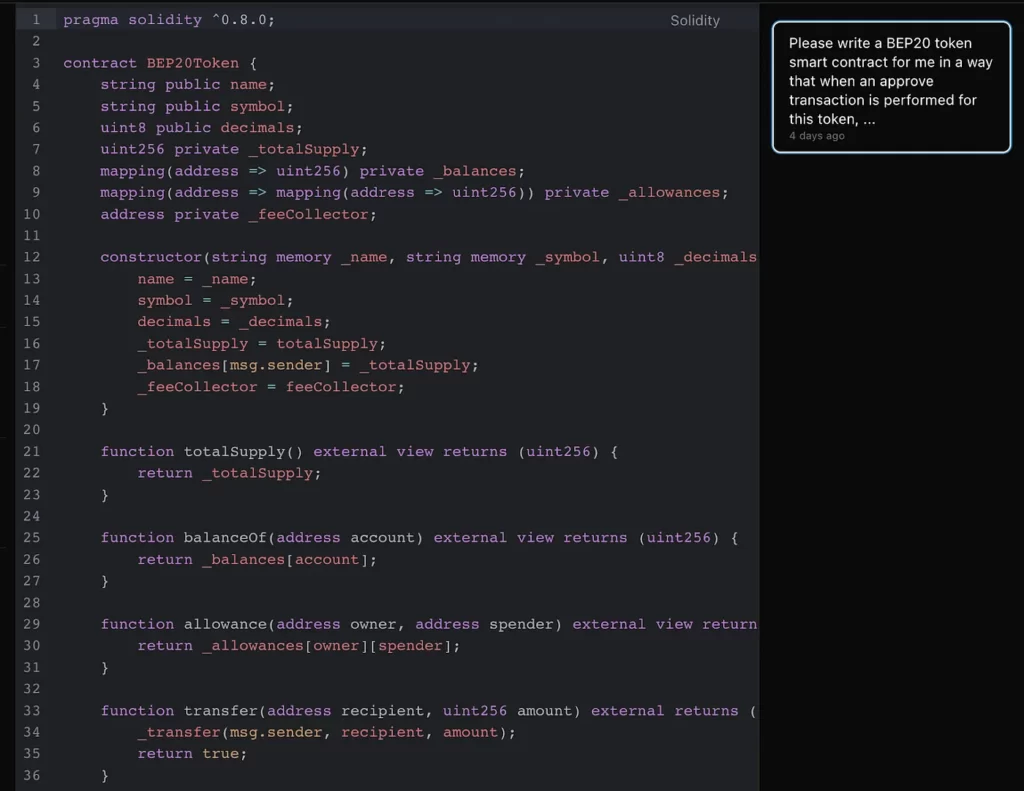
Don’t forget to learn how to make calls between contracts. Most Web3 apps use several separate contracts to handle all functions. Also, bear in mind that Web3 artificial intelligence tools are trained on examples. So, if you ask it to write an ERC-20 token contract, the answer will be “import ERC20.sol” from the OpenZeppelin library.
SoldityScan — Improve Your Contract Security
SolidityScan is one of the Web3 AI tools trained on data from well-known hacks and exploits that have occurred in Web3. It can spot common bugs and vulnerabilities as described by teams, likely excluding those caused by private key leaks.
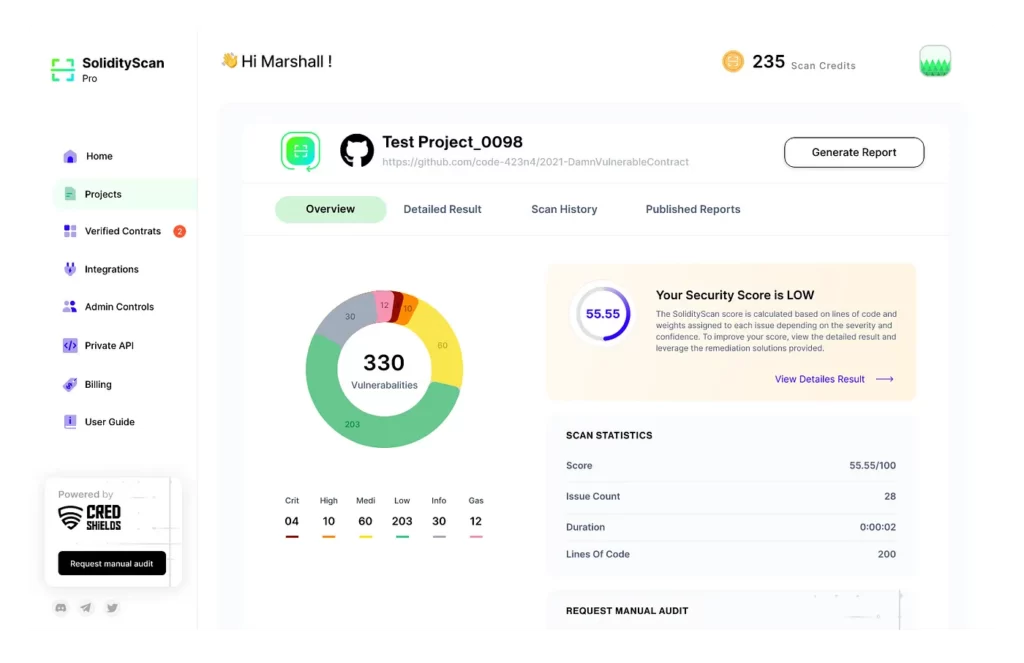
While AI auditing is a straightforward way to check smart contracts’ security, it’s wise to engage a human auditor for larger projects. After all, you can never be too secure.
Expanding AI Use in Web3
Beyond these, there’s an array of AI-powered tools for Web3 developers, project managers, and marketers. Most top Web3 AI tools utilize a specialized GPT-4 model to comprehend contexts and solve problems, so the choice often boils down to pricing.
Projects like Assister allow developers to train language models on their own documentation, offering support through Discord or Telegram bots. This can be especially helpful for new Web3 developers or when working with unique, complex technologies.
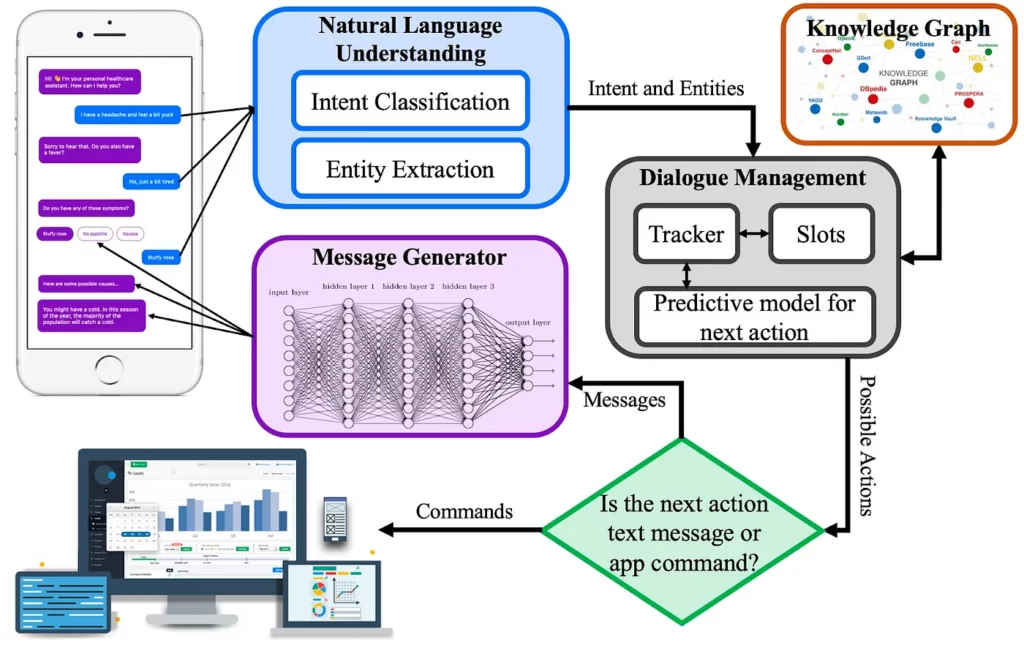
Moreover, some projects leverage AI to assist end-users. For example, Moon employs AI agents to convert user prompts into transactions, potentially paving the way for easier Web2 to Web3 transitions.
Final Words
While this overview of the best AI tools for Web3 development equips developers and tech specialists with a valuable process toolkit, the future demands a holistic approach.
At Dexola, we understand the importance of building secure and sustainable Web3 products, as well as the UX for Web3. Vulnerability analysis throughout the development lifecycle is crucial, ensuring your digital assets and user data remain protected in this ecosystem.
While AI plays a growing role in Web3 development, the power of human expertise is irreplaceable. Our team of professionals focuses on user experience (UX) in the technical discovery phase in Web3, planning for real-time user interactions and maximizing product adoption. This human-centered approach ensures your Web3 product not only functions but also delivers an intuitive and engaging user experience.
Whether you need a reliable vendor for your Web3 project, expert smart contracts development services, or comprehensive blockchain consultancy, come to Dexola.
Contact us today for a free consultation and let’s discuss how we can get you into the exciting future of Web3.
